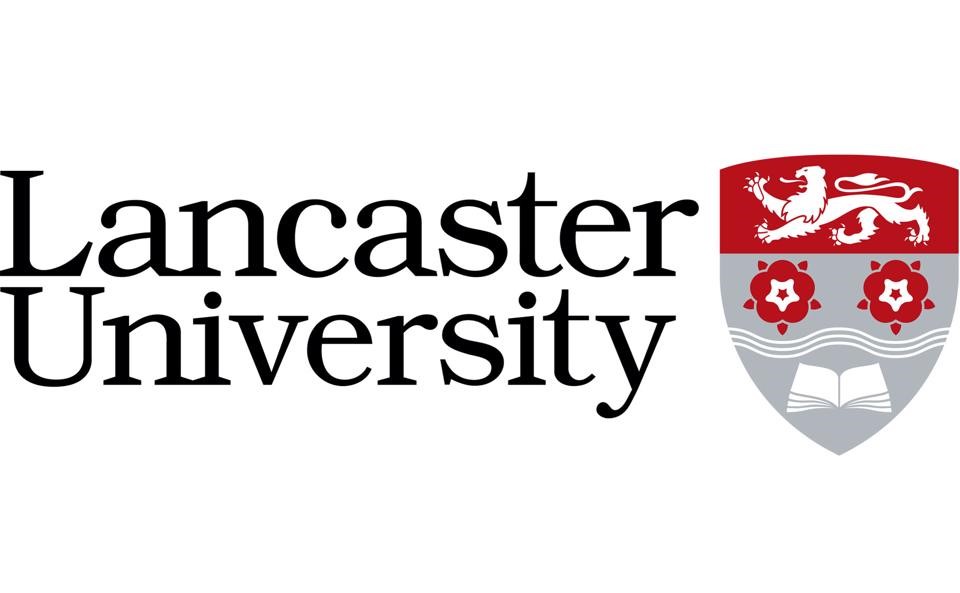Consent Form
The concent form can be found here: CTP_Angelov_UKCIworkshop2016 (1)
Deadline and Submission Procedure
The submission deadline is: 30th June 2016. Successful authors will be notified by 15th July 2016. Camera ready papers should be returned to us by 31st July 2016.
Prospective authors are invited to submit papers through EasyChair – please submit your paper here. See the instructions for authors below.
Invitation
We are pleased to invite you to submit your original contributions to the 16th UK Workshop on Computational Intelligence, which will take place at Lancaster University, UK, on 7th-9th September 2016.
UKCI is the premier UK event for presenting leading research on all aspects of computational intelligence. The aim of this workshop is to provide a forum for the academic community and industry to share ideas about developing and using CI techniques and to exchange views and ideas.
CI is a rapidly expanding research field, attracting a large number of scientists, engineers and practitioners working in areas such as fuzzy systems, neural networks, evolutionary computation, evolving systems and machine learning. A growing number of companies are employing CI techniques to improve previous solutions and to deal with new problems. These include evolving systems that allow high performance in spite of changes which are either external or internal to the system, thereby increasing the re-usability of developed systems. This also include smart, intelligent and autonomous systems, self-learning, self-adapting, self-calibrating and self-tuning.
UKCI-2016 will take place in Lancaster House Hotel, located conveniently within the campus of Lancaster University, few miles from the city centre including Lancaster Castle. The city offers excellent transport links, with easy access to the M6, railway station and ferry links. Beyond the array of activities within the city, Lancaster is close to Britain’s premier tourist area – Lake District, and is home to theatres, museums, Ashton Memorial and Williamson park.
Papers
All submissions will be peer-reviewed; accepted papers will be included in the conference proceedings.
The Proceedings will be published by Springer and will be available to download online during and for some period after the conference.
Authors of selected strong papers will be invited to extend their conference papers into journal versions for special issues that will be prepared for the Springer journals on Evolving Systems and Soft Computing.
Topics of interest include (but are not limited to):
- Computational intelligence methodology;
- Computational intelligence for big data;
- Making Sense from Data (streams);
- Knowledge representation;
- Fuzzy logic, fuzzy systems, approximate reasoning;
- New Machine Learning Methodologies;
- Artificial Neural Networks;
- Evolutionary computation, swarm intelligence, artificial immune systems, memetic computing, Nature-inspired computing;
- New and emerging computational intelligence approaches from hybrid learning and systems, molecular and quantum computing;
- Software agents and multi-agent systems, intelligent control;
- Intelligent Video Analytics;
- Applications of computational intelligence techniques in engineering, healthcare, finances, (cyber)security, signal, image and video processing;
Instructions for Authors
You can choose to work with word or latex. Please find our templates (not mandatory) in attachment. Alternatively, you may either use a blank Word document or the standard LaTeX book class (for monographs) or article class (for individual contributions) and apply the default settings and styles (e.g., for heading styles, lists, footnotes, etc.).
Please begin each paper (which will be a chapter of the Proceedings book) with an abstract that summarizes the content of the chapter in 150 to 250 words. The abstract will appear online at SpringerLink and be available with unrestricted access to facilitate online searching, using e.g. Google, and allow unregistered users to read the abstract as a teaser for the complete chapter. If no abstract is submitted, we will use the first paragraph of the chapter instead.
If you are going to prepare your manuscript in word, please avoid inserting equations as graphic files. Use the Math function of Word 2003 or 2007, MathType or Microsoft Equation Editor to create your equations.
Here are zip folders for MS Word and LaTeX templates.
Please find more information here at Springer.
